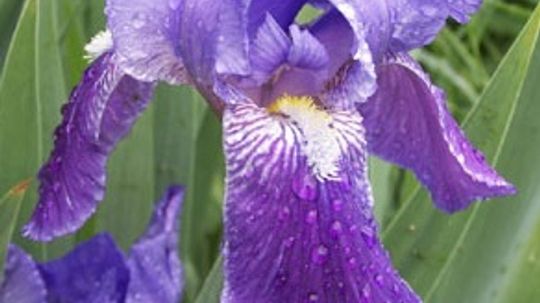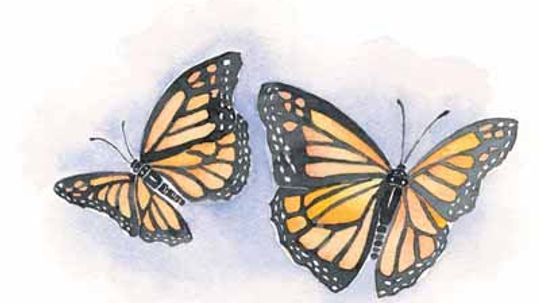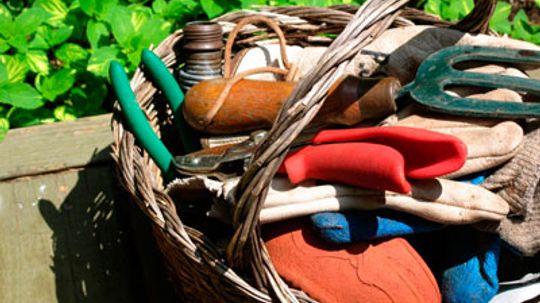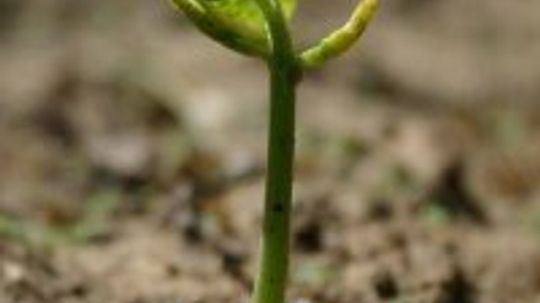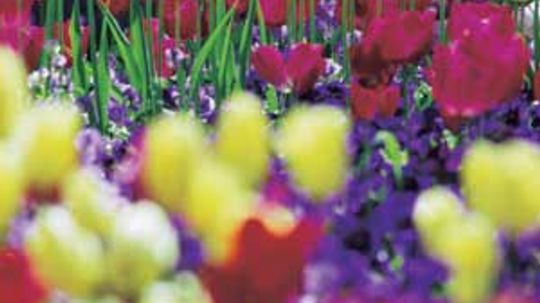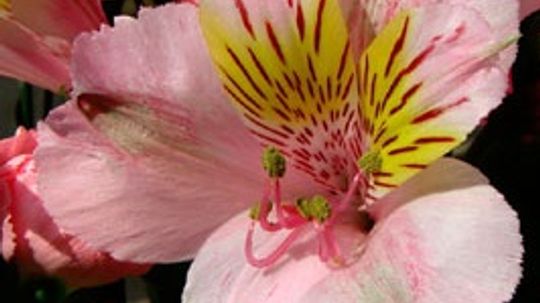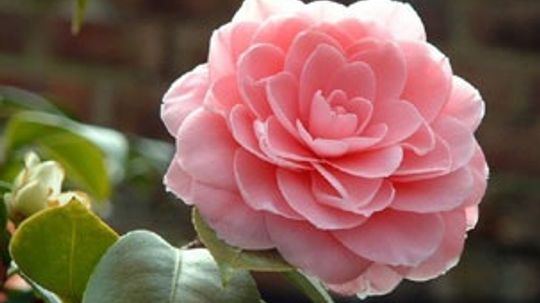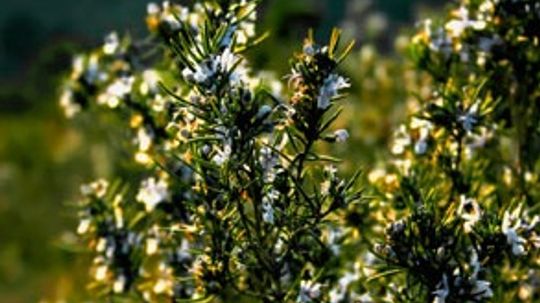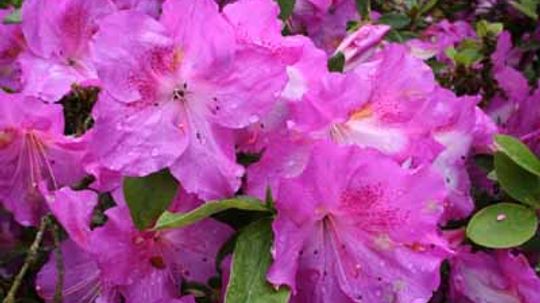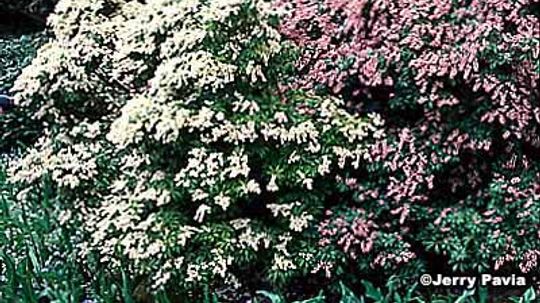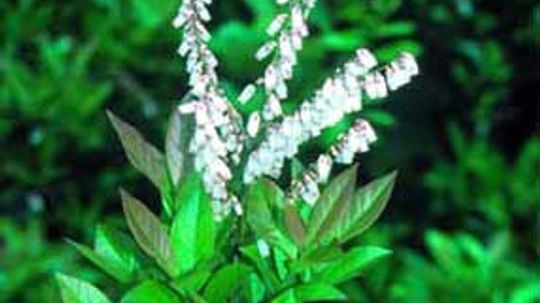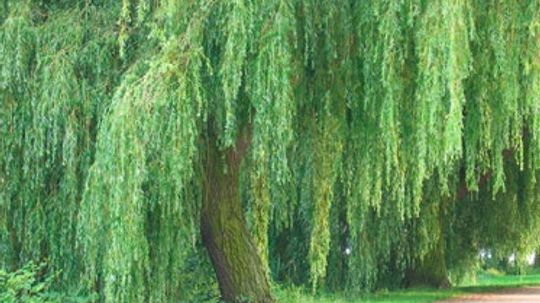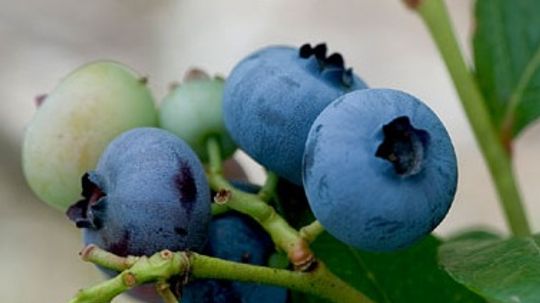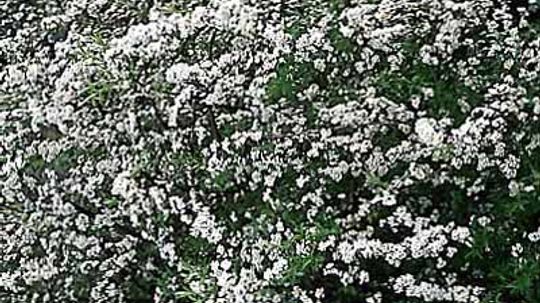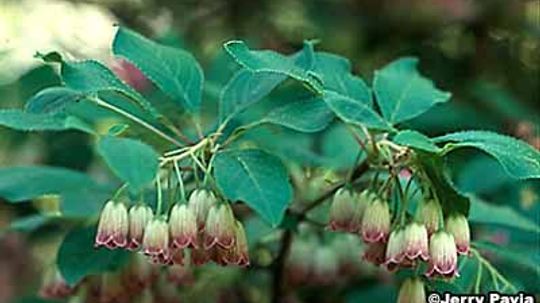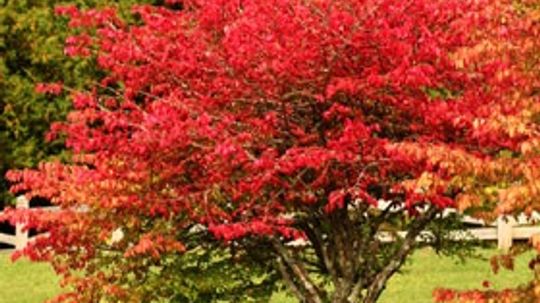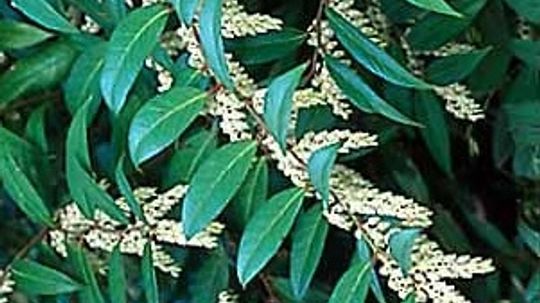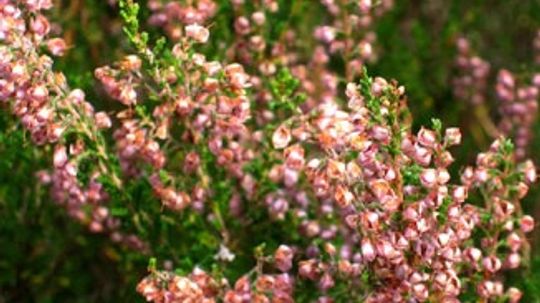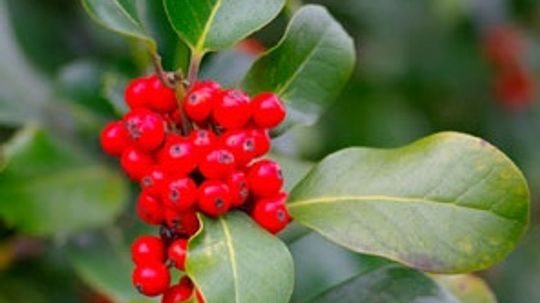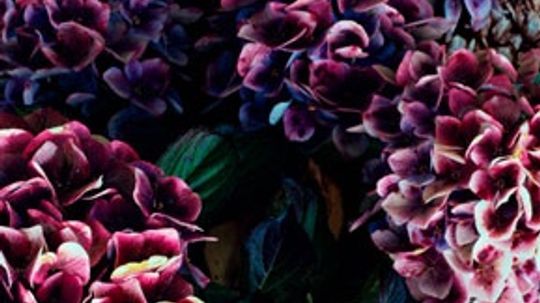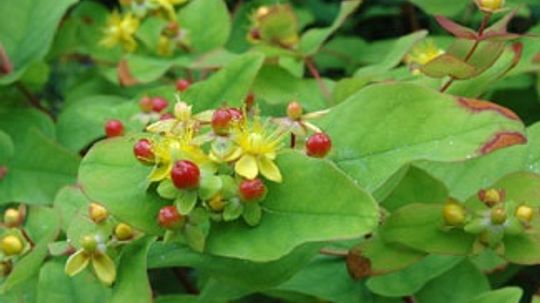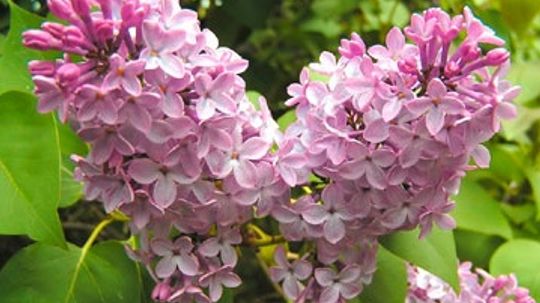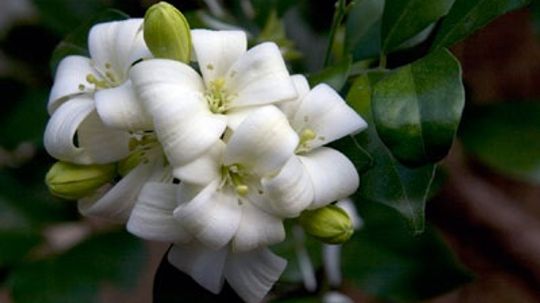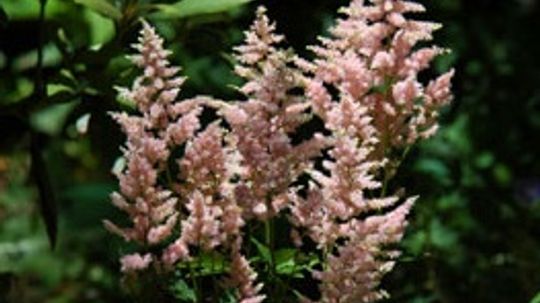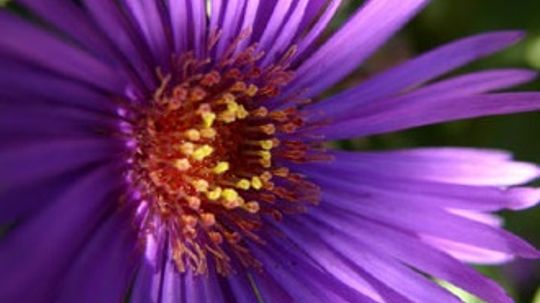Betty Mackey has written over 100 articles for HowStuffWorks, mostly on gardening topics. She was also the lead writer for "The Gardener's Home Companion,"​ an award-winning general guide to gardening published by Macmillan, and co-wrote "Gardening Made Easy" for Publications International. She holds a B.S. in humanities/technology from Drexel University.
Recent Contributions
There are nearly 300 types of iris flowers that draw fascination from gardeners around the world. Learn how to welcome this rainbow of color into your garden!
Track developments and changes in your garden with a log, and gain a handy tool for years to come. Learn to keep a garden journal and fully maximize the potential of your garden.
Garden soil provides nutrients, moisture, and support for the plants in your garden. For a successful garden, the content of your soil must be balanced. Learn all about preparing your garden soil.
Advertisement
Planting your flower or vegetable plants isn't the first step you take when getting a garden started, but it's the most important. Learn all you need to know about planting a garden.
Sunlight, soil, and water are the big three essentials when it comes to gardening. Every plant needs adequate light, moisture, and nutrients from the soil to thrive. Learn how to assess your garden conditions.
Alstroemerias, or lilies of Peru, are lilylike perennials with trumpet-shaped flowers. Flowers come in pink, rose, purple, yellow, cream, orange, and white and are great in garden containers and flowerbeds. Learn about these showy flowers.
Camellia is a shrub with pink flowers, red flowers, and white flowers. Camellias come mainly from China and Japan. Blooms appear in fall, winter, and spring. Camellias are great accent plants. Learn about the camellia.
Advertisement
Rosemary is a shrub that comes in all sizes, is rooted easily, and can be grown from a seed or sold while small. Learn how to grow it in containers or gardens.
Rhododendrons offer a lot of landscape appeal because of their diverse sizes, shiny leaves, and colorful globes of flowers. Learn to grow them for use in woodland gardens, shubbery borders, and foundation plantings.
The pieris remains a popular shrub because it has almost every landscape use in borders and as a background plant. Learn to care for and combine this small-flower plant with spring bulbs.
The leucothoe is a low-growing evergreen shrub that is native to the southeastern United States. It is a good ground cover and is excellent for mass plantings. Find out about this shrub.
Advertisement
Weeping willows are wide, tall trees with curtains of drooping branches. Their small, narrow leaves appear late winter. Plant these trees near a pond or lake. Learn about this beautiful tree.
Blueberry bushes have clusters of white, bell-like flowers in spring and edible blueberries in summer. High producers like bluecrop can give more than ten quarts of blueberries per year. Learn about this shrub.
Bridal-wreath can grow 6 to 10 feet high and spread 10 to 12 feet wide. The small leaves are greenish-blue and masses of small, white flowers cover it in spring. Learn about this shrub.
Enkianthus comes in a variety of shapes, sizes and colors. It can be either a dome-shaped shrub or a small tree with clusters of small bell-shaped, veined reddish-beige or pink flowers. Learn about this shrub.
Advertisement
Burning bush, or euonymous, is known for its remarkable fiery pinkish-red color. This bush has a different look for each season: insignificant yellow flowers are followed by attractive red berries. Learn about this shrub.
The fothergilla blooms with large clusters of petalless, very fragrant, white flowers. In the fall, its leaves turn bright shades of yellow, red, and orange. Learn more about this shrub.
Heather grows beautiful small flowers with tiny leaves that stay on all winter. Blooming in winter and early spring, it's perfect for winter gardens. Heather also makes a good ground cover. Learn about this shrub.
Michigan holly's red berries make it an attractive winter plant. The shrub's green leaves turn yellow in fall. The holly's red berries last through winter, if not eaten by birds. Learn about this accent plant.
Advertisement
Hydrangeas are shrubs with large flower clusters, which may be mounded, globular, or spiked. The flowers can be nearly 2 inches in diameter and can be white, pink, purple, or blue. Learn about the hydrangea.
Hypericum, a medium-sized shrub with bright yellow flowers, is also known as St. John's wort. Flowers appear in summer. Fruits are popular in flower arrangements. Learn about hypericum.
Lilacs are cod resistant flowering shrubs. Their tall, upright shrubs have clusters of perfumed, lavender or white flowers and green leaves. Lilacs make a great accent plant or blooming hedge. Learn about this flowering shrub.
Mock orange has long branches loaded with pure white, fragrant flowers. This is a large deciduous shrub, best used in a shrubbery boarder or as an informal hedge. Learn about this flowering shrub.
Advertisement
Beautiful perennials for the garden, the astilbes, or garden spireas, available today are usually the result of hybridization. Color may be white, pink, lavender, or cranberry. Learn how to grow this versatile flower.
Aster, or michaelmas daisy, is a North American flower that grows in wayside places with no care at all. You'll find garden asters in many sizes and colors. Find out about these perennial flowers.
